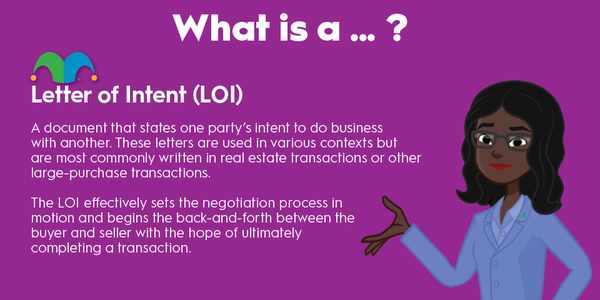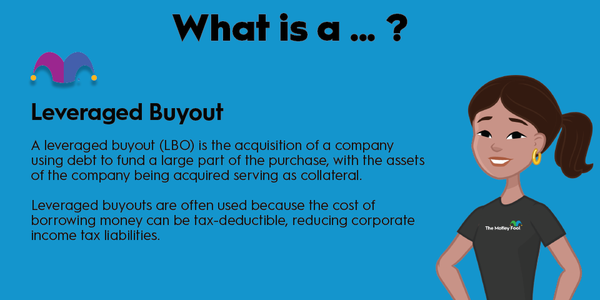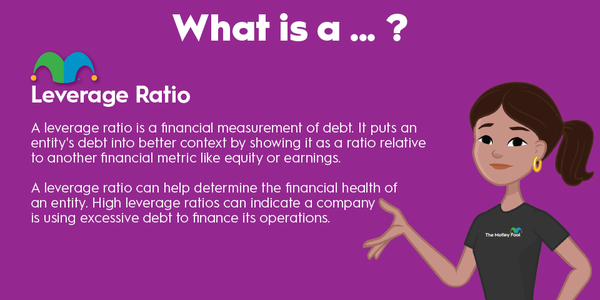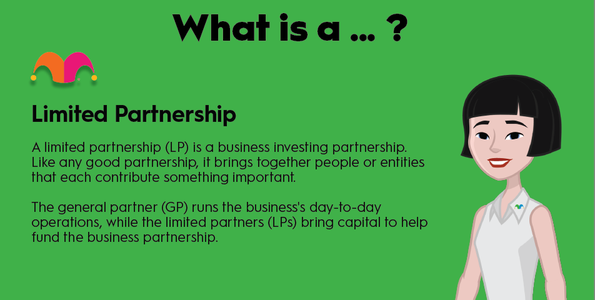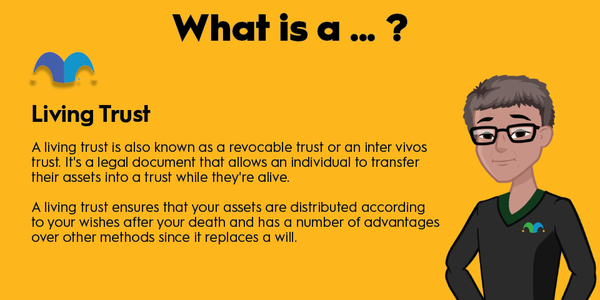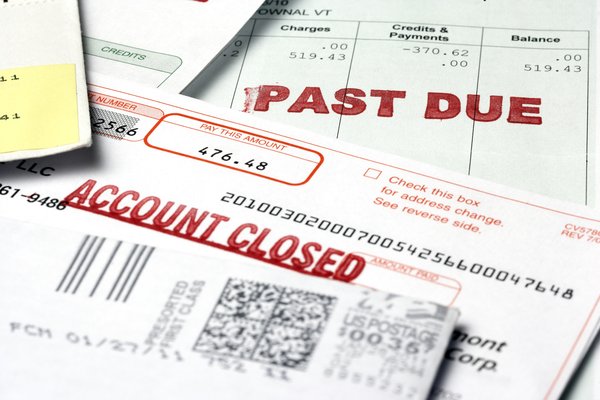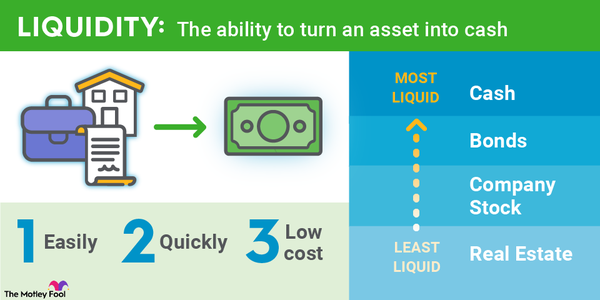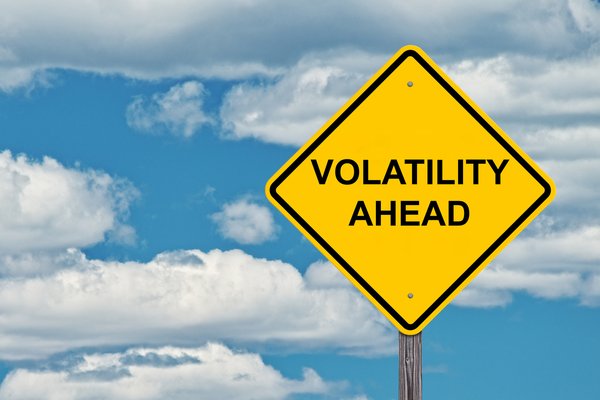What is a last will and testament?
A last will and testament is a legal document you use to communicate how you wish your assets to be distributed when you die. You can use a last will and testament to appoint someone as the executor who will oversee the distribution of your property, name beneficiaries, and specify how you want your property divided. You can also use the document to name a legal guardian for your minor children.
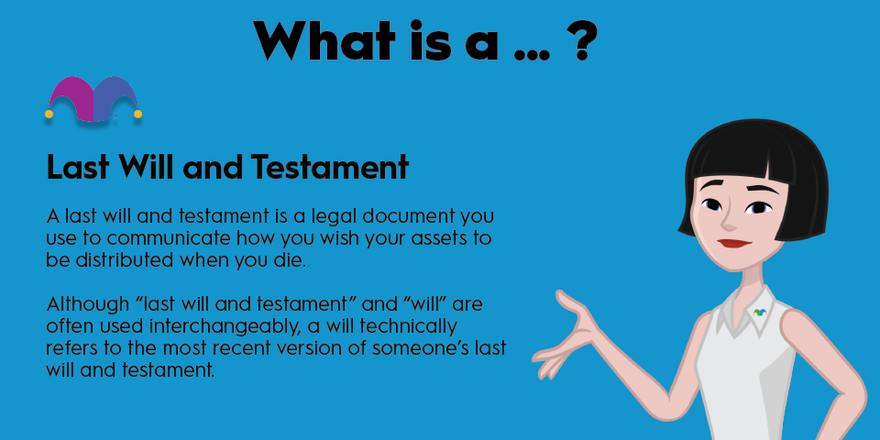
Why you need one
Why you need a last will and testament
A last will and testament is an estate-planning document that spells out how you want your property to be distributed when you die. Although “last will and testament” and “will” are often used interchangeably, a will technically refers to the most recent version of someone’s last will and testament.
Probate is the legal process of validating a will and administering the decedent's estate. Someone who dies without a will is said to have died intestate. Regardless of whether you have a will, your estate will have to go through your state’s probate process. However, if you die without a will, probate will typically be longer and more complicated, and your assets will be distributed based on your state’s intestacy law rather than your wishes.
That’s why it’s important to have a will even if you’re young and healthy. If you own significant assets or you have minor children, you’ll probably want to work with an attorney. But if your estate is relatively straightforward, you can use websites such as LegalZoom, LawDepot, or Nolo to draft a will and other estate documents online.
When you die, your last will and testament will eventually become public record. However, while you’re alive, you aren’t obligated to share its contents with anyone.
What property is distributed through a will?
What property is distributed through a will?
Only some types of property can be distributed through a will. Examples of property you can leave to beneficiaries through a last will and testament include real estate, cash, stocks, bonds, business interests, and real property such as jewelry, cars, and artwork.
But some types of property pass through beneficiary designation rather than a will. Examples include:
- Retirement accounts, such as 401(k)s and IRAs
- Bank accounts designated payable on death
- Assets held in a trust
- Life insurance benefits
- Annuities
It’s important to note that beneficiary designations supersede the instructions in your last will and testament. Suppose you’ve specified in your will that you want your property to go to your spouse when you die. But if you forgot to remove your ex-spouse as the beneficiary of your IRA, they’ll get the money in the account regardless of the instructions in your will.
There are several other situations where a will isn’t appropriate. For example, if you want to provide for someone with special needs or you’re worried your beneficiary won’t manage an inheritance wisely, using a trust to distribute assets makes sense. You’ll appoint a trustee to manage the money, and you’re able to stipulate the terms under which the property will be distributed.
Examples of what to include
Examples of what to include in a will
A last will and testament is an important legal document that you shouldn’t create on your own. Even if you don’t work with an attorney, you should at least draft your will using online estate-planning tools. But your will should generally include the following:
- Your full name and address
- Testamentary intent (this is a declaration such as, “This is my last will and testament,” stating the document is intended to indicate how your property will be distributed upon your death)
- An executor who will oversee the administration of your estate
- Beneficiaries who will inherit your property, along with the assets you’re bequeathing
- A legal guardian for minor children and pets
- Your signature
In most states, when you create a new last will and testament, you’ll have to sign it in the presence of two disinterested witnesses. (“Disinterested” means they don’t stand to inherit your money.) Most states don’t require you to have the will notarized, although doing so can expedite the probate process.
You can update your will at any time, and it’s always wise to review your will every few years or whenever you experience a major life event, such as a marriage, divorce, or birth of a child.

